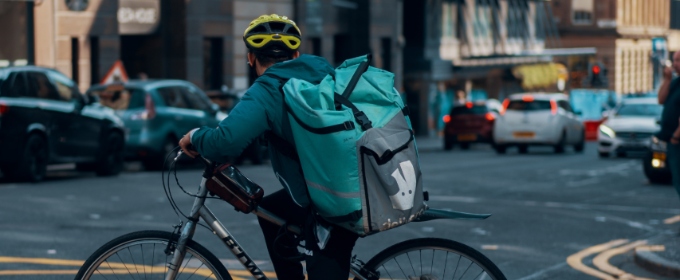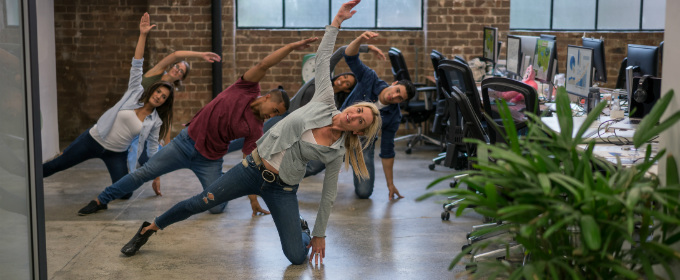Throughout the COVID-19 pandemic, the country has become more aware and appreciative of the workers now called ‘key workers’. However, organisational change and deregulation over recent years has led to high levels of job degradation in key work sectors. In this blog, Gail Hebson and Miguel Martínez Lucio introduce and present research from a range […]









